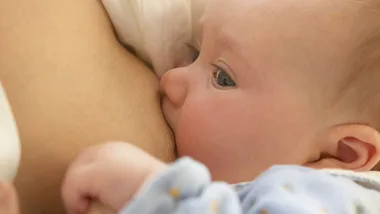Women with babies are healthier and happier than childless women – that is, until they turn 65.
Researchers at Deakin University studied the physical and mental health of more than 52,000 women both with and without children and found that childless women in their 20s, 30s and 40s were more likely to experience poorer general health, vitality and social functioning than those with kids.
But this changes once they hit 65, the age at which childless women were found to experience better physical health, less bodily pain, and better general health and physical functioning than mothers the same age.
“Being a woman with no children has both positive and negative consequences for her physical and mental health and wellbeing across her life course,” says researcher at Deakin’s School of Health and Social Development, Dr Melissa Graham.
“So, although these findings indicate that being a woman without children has costs to her health and well-being during the reproductive years, there are rewards in older age compared with women with children.”’
The study comes as more Australian women are choosing to delay motherhood until later in life.
Suggesting that the health and wellbeing of childless women may be compromised by the pressures placed on women to be mothers, Dr Graham explains that childlessness is not directly related to poorer health.
“Childless women’s poorer mental health and wellbeing during the reproductive years could be the result of pressures to have children, and poorer physical wellbeing could be the reason why these women are childless,” she says.
Whilst Dr Grahams’ findings suggest that the poorer health and wellbeing observed in reproductive years is not permanent, they also indicate that childless women are apt at constructing meaningful, healthy lives in the absence of motherhood.
Dr Graham says Australia is a pronatalist society, where motherhood is encouraged, and despite a significant increase in the number of women remaining childless, “child-bearing is considered the inevitable and appropriate outcome of female adult life”.
She also warns that “it is not possible to draw direct inferences about whether or not childlessness decreases health or motherhood increases health and vice versa”.
Current Australian infertility rates are 7 per cent, and Dr Graham notes that infertility as a reason for childlessness would only account for a small proportion of the women in this study.



